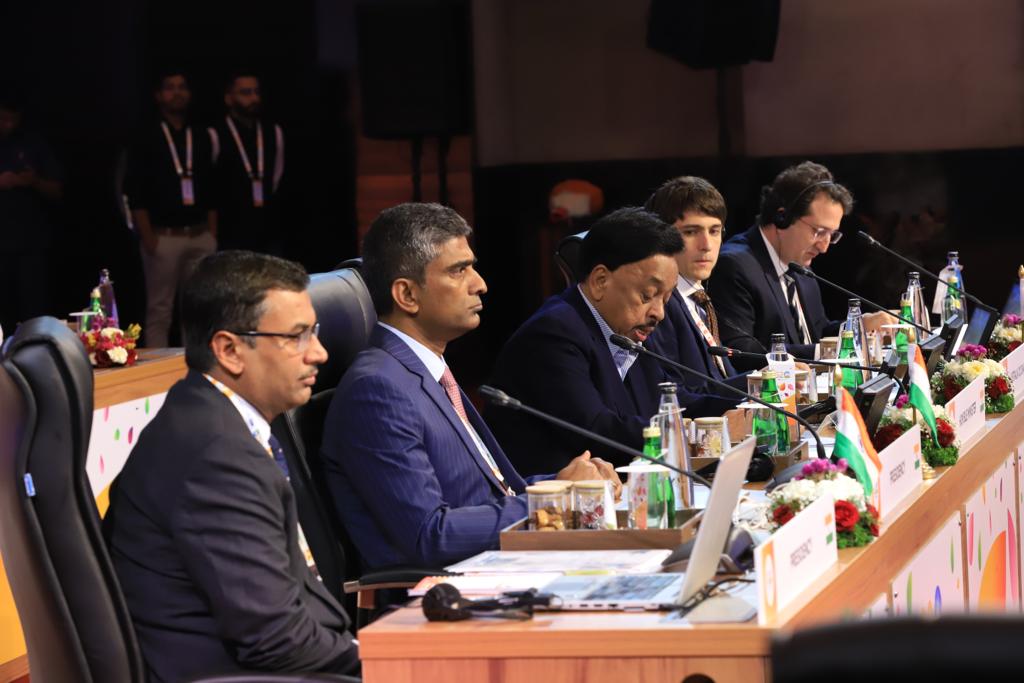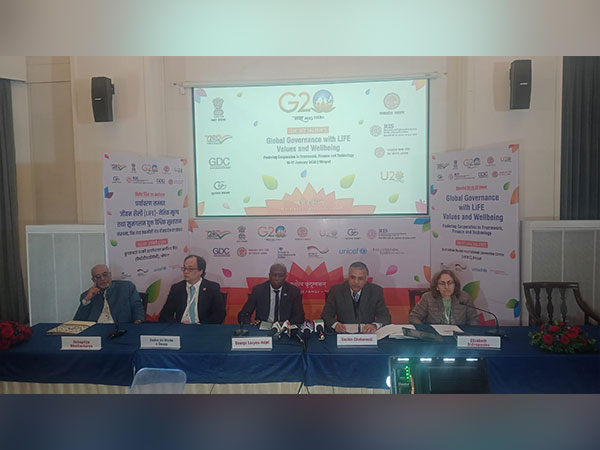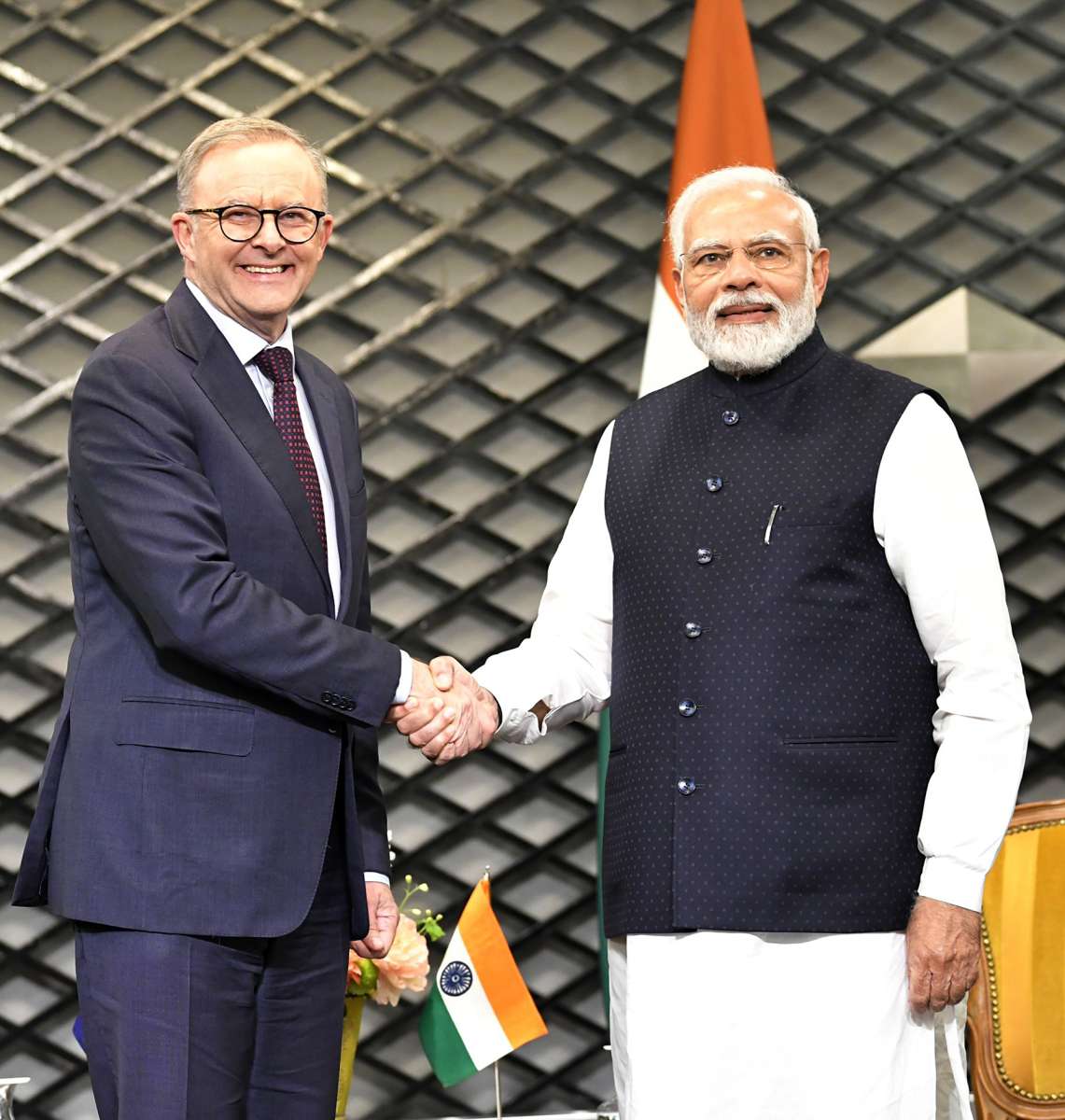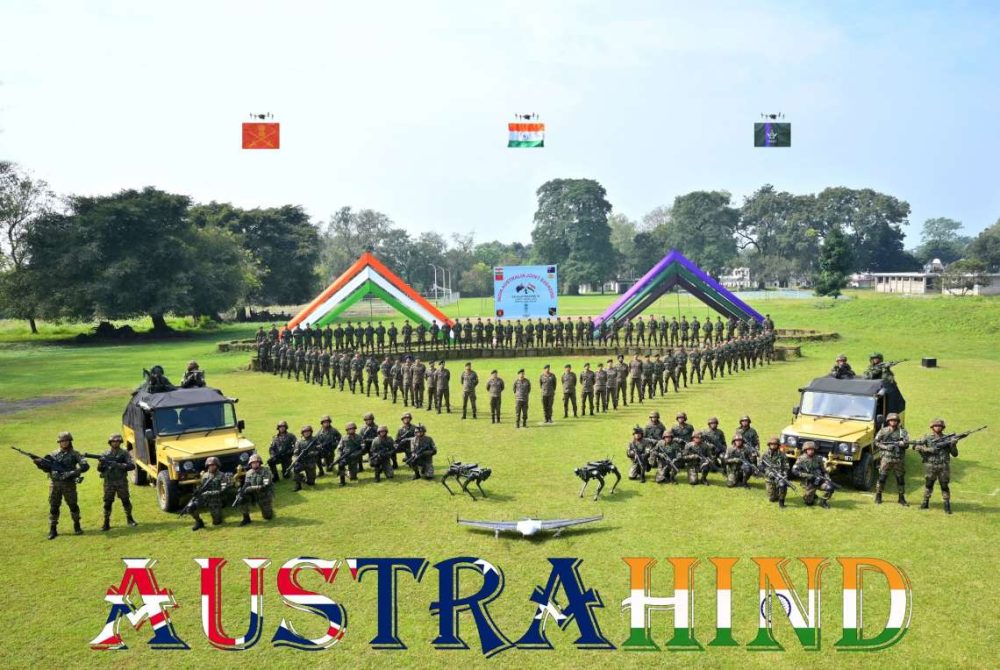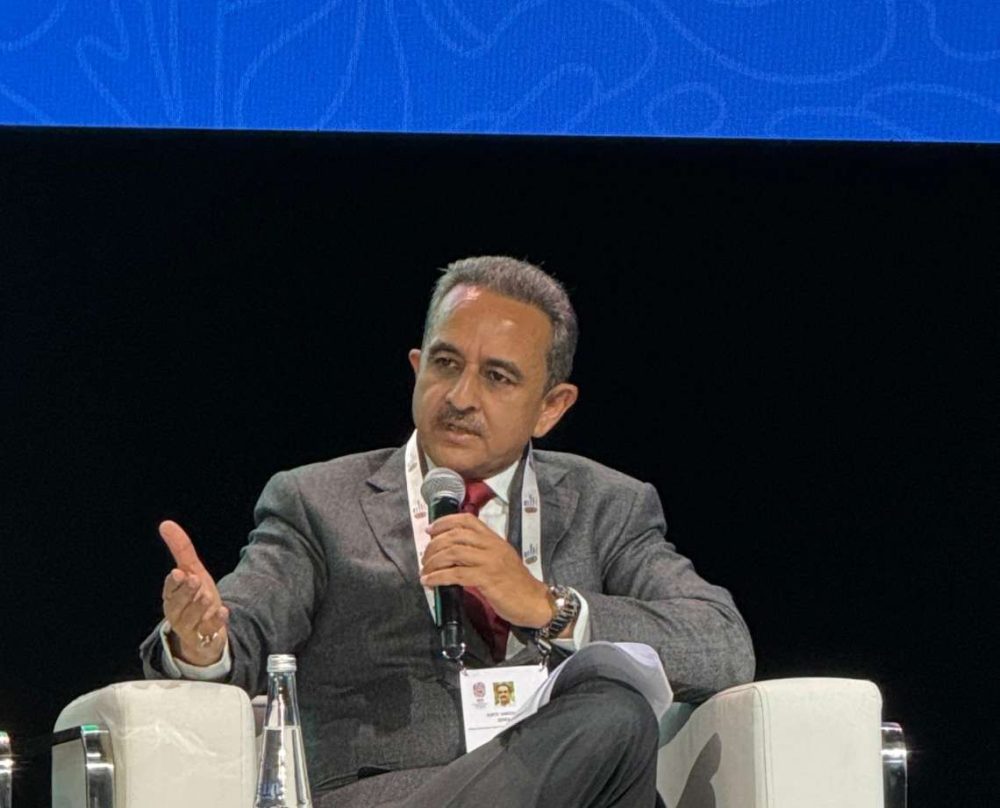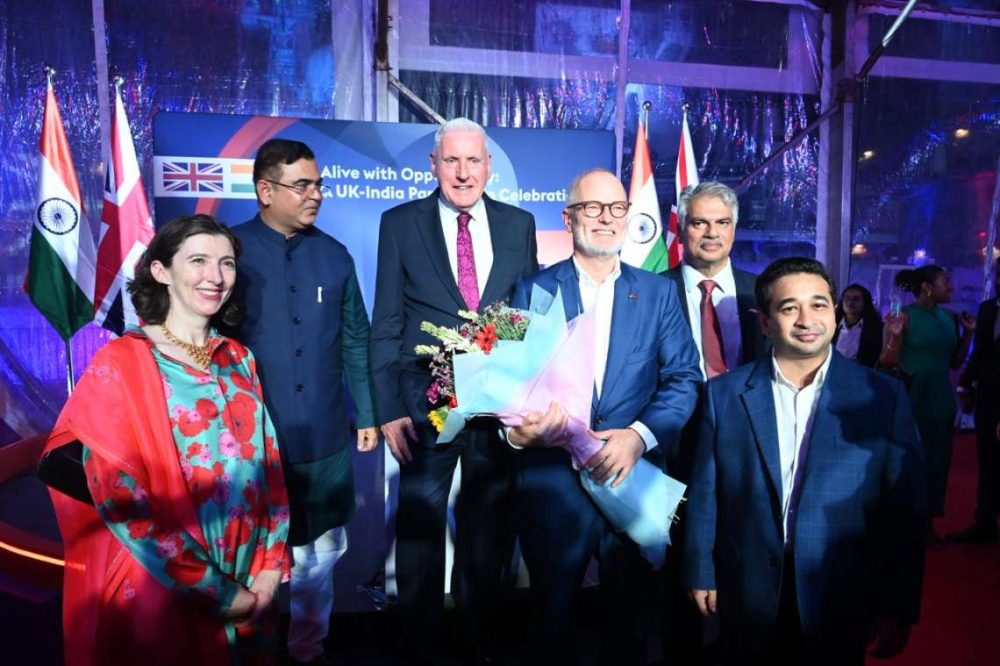The second meeting of the IWG is scheduled to be held in Vishakhapatnam, Andhra Pradesh, from March 28-29…reports Asian Lite News
Making cities sustainable, resilient, inclusive and how to plan these mega urban centres with a people-centric approach and meet their financial needs have been among the major themes discussed by delegates at a two-day meeting of the G20 Infrastructure Working Group (IWG).
The first IWG meeting under the aegis of G20, whose presidency is currently with India, was attended by 64 delegates from 18 member countries, eight guest nations and as many international organisations before concluding on Tuesday.
It discussed the ‘2023 Infrastructure Agenda’ under the Indian G20 presidency.
“There are five major areas on which we are working on (through the deliberations). The first one is how we make cities sustainable. Second and third were about making them resilient and inclusive. The fourth one was about financing needs of cities,” Solomon Arokiaraj, joint secretary, Department of Economic Affairs, Ministry of Finance, said while briefing the media on the two-day conclave.
Elaborating on the financing needs, he said deliberations were on how to attract more funding to support infrastructure in cities.
“The funding options are government, private and multi-lateral funding and there are various innovative financing mechanisms that are evolving like land value capture. In addition, we discussed how cities have to plan dynamically with a people-centric approach,” said the senior bureaucrat.
He said any plan that a city drafts should have a dynamic approach as things keep changing and every programme should be focused on people.
Asked about any success stories that were discussed and that can be replicated, he cited the example of Mexico.
What the North American country was doing is that when a municipality floated bond, the government gave guarantee. The advantage of this approach is the municipality can raise funds based on the guarantee given by the Mexican government, said Arokiaraj.
“But the disincentive of this model is there may not be fiscal discipline in the municipality because at the end of the day if they do not pay, it is the government that is going to pay. So there will not be fiscal discipline in the municipality,” he said.
To avoid this, Mexico came out with a different kind of idea which is the municipal finance trust model, Arokiaraj said.
“So, instead of the government giving a guarantee, they created a trust and that trust gets into the guarantee and the tripartite involving the trust, the municipal body, and the banker, works,” he said.
“It became a very successful model and small, medium and all kinds of municipalities were able to use and leverage this mechanism and raise bonds and according to them it is a very good way of organizing things,” he added.
The official said the Mexican trust model looks impressive as in India municipal bonds are just getting started and information sharing is helpful.
Asked what were the key concerns for all the cities globally, the senior bureaucrat said one thing that came up for discussion was the rapid pace of urbanisation and also climate change. Reduction of carbon emission and moving to net-zero was a major theme around which many discussions were held.
As per the United Nations, net zero means cutting greenhouse gas emissions to as close to zero as possible, with any remaining emissions re-absorbed from the atmosphere, by oceans and forests for instance.
During the IWG meeting, the delegates also had the opportunity to experience the rich cuisine, history, and culture of Pune, the cultural capital of Maharashtra.
The second meeting of the IWG is scheduled to be held in Vishakhapatnam, Andhra Pradesh, from March 28-29.
The G20 or Group of 20 is an intergovernmental forum of the world’s major developed and developing economies. It comprises Argentina, Australia, Brazil, Canada, China, France, Germany, India, Italy, Indonesia, Japan, South Korea, Mexico, Russia, Saudi Arabia, South Africa, Turkey, the UK, the US and the European Union (EU).
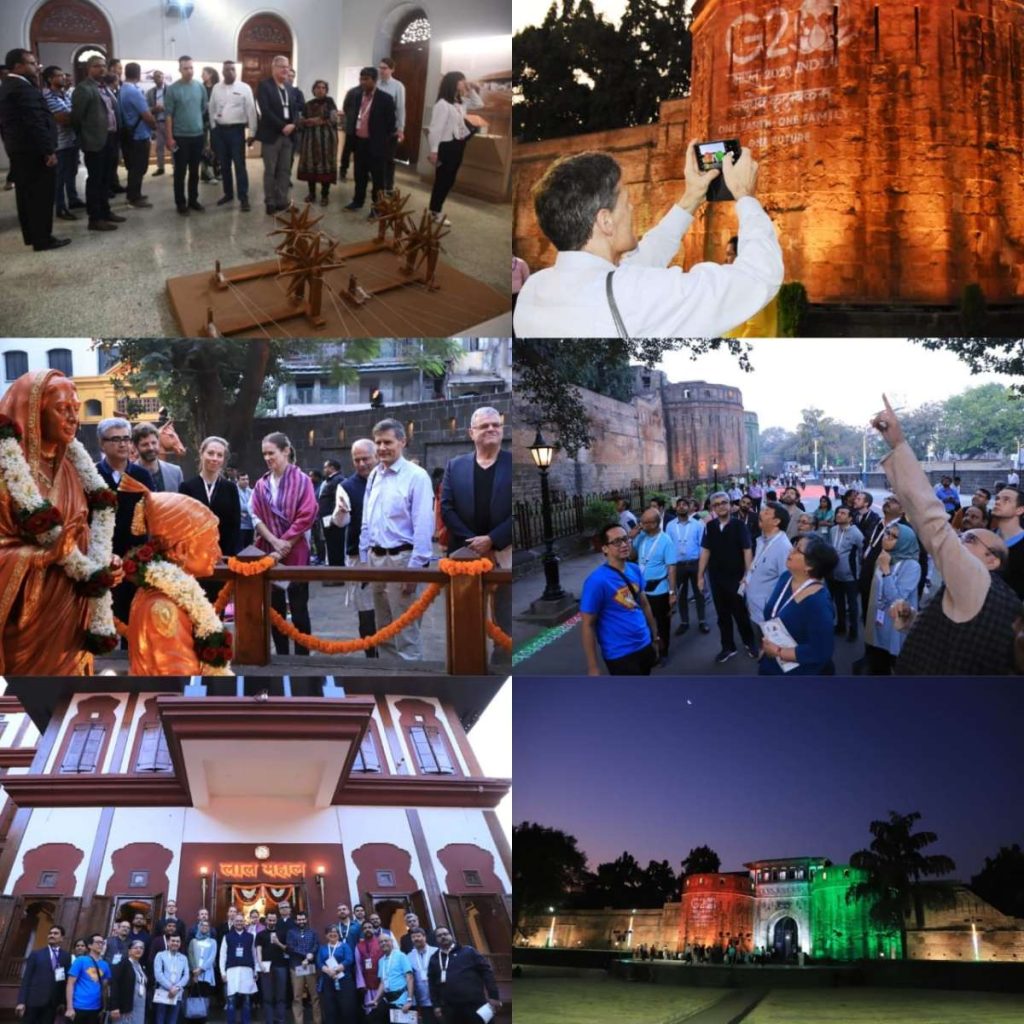
Delegates soak in Pune’s rich heritage, visit Aga Khan Palace
Visiting G-20 delegates went around some of the historical and heritage sites of Pune including the Aga Khan Palace, learning about the history and importance of various locations, officials said on Wednesday.
The G20 team went around the famed Aga Khan Palace where Mahatma Gandhi was incarcerated for nearly two years during the Quit India Movement (1942) along with his Kasturba Gandhi, and his secretary Mahadev Desai, besides Sarojini Naidu.
The delegates were provided information about Gandhiji and Kasturba’s childhood and their life, their pivotal role in the freedom struggle, etc, how Mahadev Desai passed away a few days after he was jailed here (August 15, 1942), and then the passing of Kasturba (February 22, 1944), and their ‘samadhis’ are there.
They went around the museum there, viewed the exhibits displayed there, learnt about Gandhiji’s legacy, the ‘Charkha’ and the ‘samadhis’ in the palace complex.
At the historical Lal Mahal, built by Shahaji Raje Bhosale in 1630, the delegates learnt about the history and life of his son and later the great Maratha warrior-king, Chhatrapati Shivaji Maharaj, and viewed the statues of ‘Bal Shivaji’ who lived here for many years during his childhood along with his mother Rajmata Jijamata Bhosale, and saluted them.
The visitors were thrilled by the grandeur of the Shaniwar Wada built in 1732, an erstwhile fort complex with 5 imposing ‘darwazas'(gates) within which over a thousand people lived, but most of the fort was destroyed in fires and other calamities, though the remnants are still awe-inspiring.
The G20 delegation went around the Nana Wada, believed to be built around 1780 as the residence of the legendary Nana Phadnavis, the chief administrator of the Peshwas and labelled by the British as ‘the Maratha Machiavelli’ and learnt about his contributions to the state history.
The G20 delegates were accompanied at various locations by the Municipal Commissioner Vikram Kumar, top officials like Vikas Dhakne, Santosh Deshmukh, Supriya Karmarkar, Neelam Mahajan, Ajit Apte, Sandeep Godbole, Chandrakant Dalvi, and others.
An official coordinating the trip said that the excited delegates learnt a lot about all these historical or heritage sites, asked many questions, clicked photos and selfies at different venues and returned feeling enriched by the outing.


